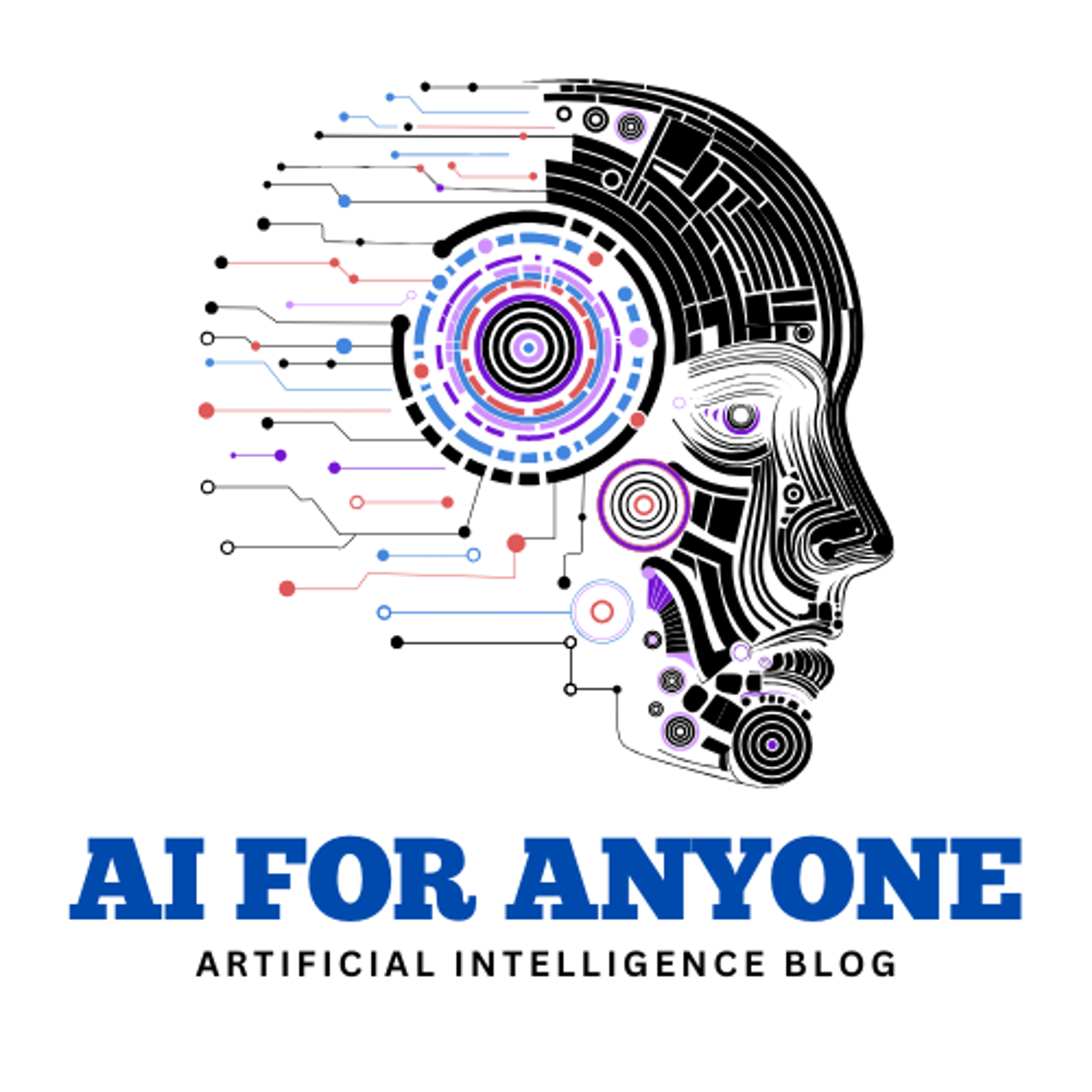10 of the Most Popular AI Agents: Where to Find Them and What They Do
In today's rapidly evolving digital landscape, the demand for short AI agents has grown significantly. These compact, intelligent systems are designed to perform specific tasks with precision and efficiency, enhancing user experience across various applications. From personal assistants to customer service bots, short AI agents streamline processes and facilitate seamless human-computer interactions. By leveraging advanced algorithms and machine learning techniques, these agents can quickly understand context and provide relevant responses, making them invaluable tools for businesses and individuals alike. Their ability to operate efficiently in limited timeframes allows for enhanced productivity and improved decision-making. As technology continues to advance, the role of short AI agents will undoubtedly expand, creating new opportunities for innovation and growth. Understanding their potential is crucial for anyone looking to stay ahead in an increasingly automated world.
2/11/20255 min read


Introduction to AI Agents
Artificial Intelligence (AI) agents are sophisticated systems designed to perform tasks autonomously or assist humans in various activities. They leverage machine learning, natural language processing, and decision-making algorithms to effectively understand and respond to user needs. Over the years, AI agents have evolved considerably, moving from basic programmable systems to advanced agents capable of learning from their interactions and adapting to changes in their environments.
There are several types of AI agents, each tailored for specific functions. In customer service, chatbots serve as AI agents that handle inquiries and provide support, replacing traditional methods of communication. These AI-driven programs enhance the user experience by offering timely responses and personalizing interactions based on previous customer data. Similarly, personal assistant agents like virtual assistants help users manage tasks, schedule appointments, and retrieve information, streamlining everyday activities.
Furthermore, AI agents play a significant role in data analysis, enabling businesses to quickly process vast amounts of information. These agents use algorithms to identify trends, predict outcomes, and assist decision-making processes. By automating data-driven tasks, organizations can enhance efficiency and reduce human error, which is increasingly vital in today's fast-paced business environment.
The importance of AI agents in the contemporary technology landscape cannot be overstated. As they become more integrated into various industries, their ability to provide consistent support, improve operational efficiency, and deliver insightful data has increased in popularity. As companies and individuals continue to explore the possibilities offered by AI agents, understanding their functionality and potential applications will be essential for maximizing their benefits in day-to-day operations.
Top 10 Popular AI Agents
Artificial Intelligence (AI) agents have gained significant traction in recent years, serving various purposes across various industries. The list of the ten most popular AI agents highlights their developers, key features, and primary functionalities.
1. Siri - Developed by Apple, Siri is a virtual assistant integrated into iPhones and iPads. It utilizes voice recognition technology to perform tasks like setting reminders, sending messages, and answering questions, making it a versatile tool for personal use.
2. Alexa - Created by Amazon, Alexa is another leading virtual assistant famous for controlling smart home devices, playing music, and providing weather updates. Users interact with Alexa through voice commands, enhancing convenience and personalized assistance.
3. Google Assistant - Google’s contribution to AI agents is that it offers seamless integration with various Google services. It excels at retrieving information and can facilitate tasks like scheduling events and sending texts through simple voice interactions.
4. GPT-3 - Developed by OpenAI, GPT-3 is a sophisticated language model renowned for its conversational capabilities. Its extensive knowledge base allows it to generate human-like text, making it exceptionally useful in chatbots and content creation applications.
5. IBM Watson - A pioneer in AI, Watson is known for its data analysis capabilities. Often utilized in healthcare and business sectors, it interprets vast amounts of data, providing insights that aid decision-making processes.
6. ChatGPT - Another innovative product from OpenAI, ChatGPT focuses on producing coherent and contextually relevant conversations. It is an AI-driven conversational agent that can assist users in various interactive contexts.
7. Cortana—Developed by Microsoft, Cortana is integrated into Windows devices. It offers task management functionalities, reminders, and information retrieval and leverages cloud-based services for enhanced performance.
8. Replika - This AI agent specializes in emotional companionship, enabling users to engage in meaningful conversations for emotional support. Developed by Luka, Replika learns from each interaction to provide personalized responses.
9. Salesforce Einstein - Salesforce's AI offering, Einstein, aims to streamline customer relationship management. It uses machine learning to provide predictive analytics and automated insights for sales and marketing teams.
10. DALL-E 2 - Another product from OpenAI, DALL-E 2, generates images from textual descriptions, showcasing the intersection of creativity and technology. It’s utilized in fields such as design and marketing, allowing for unique visual content creation.
This compilation illustrates the diverse functionalities of popular AI agents, catering to different user needs ranging from everyday assistance to specialized applications.
Where to Find These AI Agents
The accessibility and availability of AI agents have expanded significantly in recent years, making it easier for users to discover and implement these technologies. Numerous platforms are gateways to various AI agents, allowing individuals and businesses to explore their capabilities. One of the primary places to find AI agents is through app stores, such as the Apple App Store and Google Play Store. These platforms feature many AI-driven applications that facilitate tasks ranging from automation to conversational engagement.
Another helpful avenue is through dedicated websites and integrations within existing software tools. Major tech companies often embed AI agents into their services, enhancing productivity and user experience. For instance, platforms like Salesforce, Microsoft, and Slack have integrated AI agents that assist with customer service, data analysis, and team collaboration. Users can access these features through their respective applications, often with a subscription model or as part of bundled software offerings.
GitHub is a valuable resource for those looking for commercial and open-source options. Many developers share their AI agent projects, providing access to customizable solutions that can be adapted to specific needs. Open-source communities often have forums for support and collaboration, making them ideal places to engage with others implementing similar technology.
Online forums and communities, such as Reddit or specialized technology websites, also host discussions related to AI agents. These platforms often include reviews, guides, and user experiences that can illuminate the strengths and weaknesses of different agents. Additionally, many AI service providers offer trial versions or demos of their agents, allowing users to test functionality before committing to a purchase. By utilizing these diverse channels, individuals and organizations can readily find and engage with various AI agents suited to their requirements.
The Future of AI Agents
The future of AI agents holds immense promise, driven by rapid advancements in machine learning and natural language processing. As these technologies evolve, we can expect AI agents to become more sophisticated and capable of performing complex tasks. One exciting trend is the integration of predictive analytics, enabling AI agents to anticipate user needs and preferences. This capability could enhance user experiences as AI agents proactively provide assistance or recommendations tailored to individual circumstances.
Moreover, the development of emotional intelligence in AI agents is also on the horizon. Future AI agents might analyze data and interpret human emotions, allowing for more empathetic interactions. AI agents can adapt their responses and behaviors by understanding a user's emotional state, leading to more meaningful and supportive engagements. This evolution will be especially significant in sectors like mental health support, customer service, and education, where emotional recognition can significantly improve the user experience.
Increased personalization represents another critical factor in the future of AI agents. As these agents gather more user data, they will leverage this information to create personalized interactions, thus fostering deeper relationships between AI and users. The growth of AI agents as personal assistants, capable of providing customized content and services, will likely revolutionize various sectors, including entertainment, e-commerce, and wellness.
However, as these technologies evolve, ethical implications will emerge. Society must grapple with questions regarding data privacy, potential job displacement, and the moral responsibilities of deploying such advanced systems. Stakeholders must engage in critical discussions about the role of AI agents in society, ensuring that their development and usage promote the well-being of all individuals. Understanding these dynamics will shape the next chapter in the evolution of AI agents.
